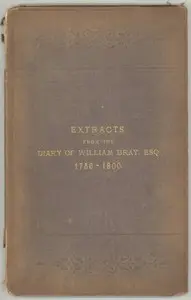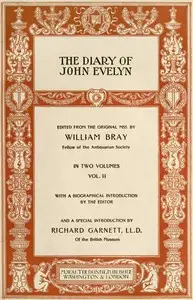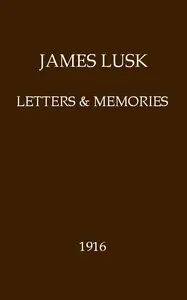"Henry VI, Part 3" by William Shakespeare is a historical play that portrays the tumultuous Wars of the Roses in England. It's a story of intense fighting for power between the houses of York and Lancaster, filled with big dreams, sneaky betrayals, and the harsh realities of politics. King Henry VI struggles to hold onto his crown, while Richard Plantagenet, who becomes Richard III, and Queen Margaret are key players in the conflict. The play kicks off with the Duke of York and his crew plotting to take the throne from King Henry, setting the scene for a big showdown. As things get more complicated, King Henry finds himself in a weaker spot, and Queen Margaret works to gather supporters to fight the Yorkists. Characters like Warwick and Richard make their ambitions known, promising drama and danger as people choose sides and lives are lost. This beginning does a great job of showing what's at stake and what drives the characters as the story moves forward.

Henry VI, Part 3
By William Shakespeare
Amidst a kingdom torn by war, ruthless ambition ignites a bloody feud for the throne, where betrayal lurks at every turn.
Summary
About the AuthorWilliam Shakespeare was an English playwright, poet and actor. He is widely regarded as the greatest writer in the English language and the world's pre-eminent dramatist. He is often called England's national poet and the "Bard of Avon". His extant works, including collaborations, consist of some 39 plays, 154 sonnets, three long narrative poems and a few other verses, some of uncertain authorship. His plays have been translated into every major living language and are performed more often than those of any other playwright. Shakespeare remains arguably the most influential writer in the English language, and his works continue to be studied and reinterpreted.
William Shakespeare was an English playwright, poet and actor. He is widely regarded as the greatest writer in the English language and the world's pre-eminent dramatist. He is often called England's national poet and the "Bard of Avon". His extant works, including collaborations, consist of some 39 plays, 154 sonnets, three long narrative poems and a few other verses, some of uncertain authorship. His plays have been translated into every major living language and are performed more often than those of any other playwright. Shakespeare remains arguably the most influential writer in the English language, and his works continue to be studied and reinterpreted.



















